2023 Shkreli Awards
JANUARY 9, 2024 — Welcome to the 7th annual Shkreli Awards, the Lown Institute’s top ten list of the worst examples of profiteering and dysfunction in healthcare, named for the infamous “pharma bro” Martin Shkreli.
Nominees for the Shkreli Awards are compiled by Lown Institute staff with input from readers of Lown Weekly. An esteemed panel of patient activists, clinicians, health policy experts, and journalists help determine the winners. (press release | previous winners)
Hospital threatens to ship expensive, comatose patient out of the country
When a patient at Lehigh Valley Health—Cedar Crest Hospital in Pennsylvania was still in a coma weeks after surgery for a brain aneurysm, her family was distraught but hopeful. What would be the next steps in the care plan for this patient, who also happened to be an undocumented immigrant? According to a story in the Philadelphia Inquirer, the hospital gave the family an ultimatum: pay $500 per day for the equipment they would need to care for her at home, find another facility that would take her, or consent to a “medical deportation” to the Dominican Republic. They had 48 hours to decide.
Thanks to protests from immigration advocates, the patient remains in state and has been transferred to a different hospital. Lehigh Valley Health Network did not comment on the woman’s case citing privacy laws but said that it “works tirelessly with patients and their families to ensure they receive appropriate care.”
SOURCE: Jeff Gammage, The Philadelphia Inquirer
See also: The Philadelphia Inquirer has published an update on this story
JUDGES’ COMMENTS:
Cruelty is like wrong-sided surgery. It has to be a never event.

Victor Montori
If we could we’d ship all of our sickest somewhere else. Give us elective surgeries or give us death!

Gary Schwitzer
Physician payments help medical device maker test experimental products on poor, patients of color
Surgeons can earn compensation from device maker Medtronic for teaching “courses” where other doctors watch them implant the company’s products. But to get that cash, they need to find patients for which the devices are appropriate…or not. According to the Los Angeles Times, Rodney White, a surgeon at Harbor UCLA Medical Center, a hospital that serves mostly lower income patients and people of color, convinced a patient to have two experimental $15,000 Medtronic devices implanted even though her condition may not have warranted such a procedure.
The patient, Bernetta Higgins, ended up having a stroke and months later was still learning how to talk again. Higgins had worked at a law firm before the stroke, but after the surgery, couldn’t even write her name. According to the LA Times story, County officials said White “acted appropriately” and that they supported his relationship with Medtronic.
SOURCE: Melody Petersen, Los Angeles Times
JUDGES’ COMMENTS:
Another horrific example of how easy it is to get away with taking advantage of the poor and minorities without any punishment whatsoever.

Susan Rogers
This story illustrates the gigantic power of medical device companies in government. They have bought support nationwide and harm patients with impunity.

Amy Holden Jones
Hospitals allegedly “dump” sick, homeless patients on the street
A frame from a WAVE television report showing an alleged “patient dumping” incident.
Despite a California law meant to prohibit the practice, hospitals are regularly engaging in “patient dumping” of homeless people, according to a story in the San Diego Tribune. One activist told the Tribune that she encountered as many as 500 homeless people who had been “dumped” by hospitals last year. In one case, a patient who was on hospice died “desperately afraid in the park.”
Meanwhile, in Louisville, Kentucky, television station WAVE filmed an elderly woman lying on the sidewalk across from a hospital in 36 degree weather. They were following a tip from a hospital employee saying she saw the patient being dumped from a wheelchair.
Another Louisville man who shattered his hip and pelvis in a car crash was dropped in front of a homeless shelter instead of a rehab facility. He said, “It’s like I’m a worthless man… We’re garbage.”
According to a statement from one hospital named in the story, “…when individuals without a medical need refuse community support and refuse to leave, there is no option left but to help lead them off property. It is an unfortunate reality, but we must make room for the hundreds of others who do need medical care.”
SOURCES: Gary Warth, San Diego Tribune and John Boel, WAVE
See also: A follow-up report from WAVE
JUDGES’ COMMENTS:
Indifference when a person needs care is the worst cruelty and injustice. When it is done to one patient it betrays the trust and harms where healing should’ve happened.

Victor Montori
No insurance, no money, no problem. We’ve got a dumpster for you behind the hospital.

Gregg Gonsalves
Any narrowed artery seems a fair target for this alleged coronary stent king
An ad featuring Dr. Harlamert from the Witham Health Services website.
According to a WTHR 13 News report, seven patients have filed malpractice complaints against Indiana cardiologist Edward Harlamert for unnecessary cardiac stents, misdiagnosis, unnecessary medications, and more. One patient received 41 stents during 44 heart catheterizations–including some stents placed inside existing stents that had become clogged with scar tissue. And in a video deposition, Harlamert does not deny placing as many as 80-90 stents in a single patient. According to the physician’s attorneys, “Dr. Harlamert has always been committed to providing quality care to patients” and he treats those patients “based on their unique circumstances, his expertise and the tools available.”
SOURCE: Bob Segall, WTHR
JUDGES’ COMMENTS:
People cannot give up on the idea that more is better, and the harm is terrible. This particular story shows how monetary gain can corrupt doctors.

Amy Holden Jones
An unbelievable example of the absence of oversight. At some point someone should have said, “What we’re doing here is not working.”

Gary Schwitzer
Heartburn treatment had dirty secret that company hid for decades
As far back as the 1980s, pharmaceutical company GlaxoSmithKline (GSK) had evidence both from its own research and independent studies that its heartburn medication Zantac could result in the formation of a dangerous carcinogenic compound. According to a Bloomberg article, the company downplayed the issue and even withheld a key study from the U.S. Food & Drug Administration. Zantac went on to become one of the bestselling prescription medications in the world–and, over decades, helped drive the transformation of GSK into a $73 billion company. That is, until 2019 when the FDA finally caught up with them and forced the drug off the market.
Analysts estimate that GSK will settle all the Zantac cases against it for around $5 billion. According to a statement, “GSK does not admit any liability in the settlements and will continue to vigorously defend itself based on the facts and the science in all other Zantac cases.” A reformulated version of Zantac has been offered since 2021, while the key ingredient in the old version has found a new purpose: researchers use it to induce cancer in lab rats.
SOURCE: Anna Edney, Susan Berfield, and Jef Feeley, Bloomberg
JUDGES’ COMMENTS:
Too often we hear cases similar to this where “the company knew for years.” Sadly it would seem that any potential future sanction is chalked up as the cost of doing business.

Adam Elshaug
Drug companies have a code of ethics and concern about customer safety that closely resembles the practice of drug cartels.
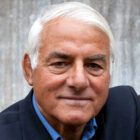
Allen Frances
Despite discipline in a dozen states, vascular doc James McGuckin keeps on truckin’
What happens to a doctor’s career once he’s been disciplined by medical boards in a dozen states, lost privileges at multiple hospitals, and settled federal allegations of Medicare fraud for performing unnecessary procedures? If you’re Dr. James McGuckin, you get to keep on practicing. According to a report in ProPublica/Philadelphia Inquirer, McGuckin and his vascular clinics received extensive scrutiny for experimental or unnecessary procedures on patients, including some who lost legs to amputation or nearly lost their lives.
In Washington state, McGuckin was required to write an essay to pass an ethics course. He failed twice with evaluators noting that he wasn’t able to “demonstrate a capacity to think ethically about why he is being held to account.” But no worries, he was able to pass on his third try with the help of a one-on-one tutor. As of August, he was still practicing in Pennsylvania. According to the report, McGuckin’s attorneys said that he has never been found personally liable for fraud and that the government’s most recent allegations are “provably wrong.”
SOURCE: Annie Waldman, ProPublica/The Philadelphia Inquirer
See also: Another story of vascular overuse in the New York Times
JUDGES’ COMMENTS:
Unable to demonstrate a capacity to think ethically? His medical school and training programs should be indicted too.

Susan Rogers
You have to wonder how this guy got into medical school, but the real crime here is the medical boards are not doing their job to protect patients in their state from unethical physicians.

Shannon Brownlee
Credit where credit’s due, these hospitals have a medical debt solution for you
Need an expensive, life-changing surgery but scared of the cost of hospital care? You could look into financial assistance policies or payment plans to see if you qualify for help…or you could take the advice of some hospitals and apply for a high interest medical credit card instead. According to KFF Health News, hospitals across the US are embracing relationships with private equity-backed companies to offer medical credit cards. These cards often have attractive “interest free” introductory periods. But when that period ends, interest rates can skyrocket to as high as 26%.
For example, before UNC Health started contracting with the lender AccessOne, most patients were in no-interest plans. Now 100,000 UNC patients are in AccessOne plans, with almost half of them at the highest interest rate offered. In its defense, UNC Health said they have a “responsibility to remain financially stable to assure we can provide care to all regardless of ability to pay.”
SOURCE: Noam N. Levey and Aneri Pattani, KFF Health News
JUDGES’ COMMENTS:
Hospitals joining the banks in the stampede back to the feudal era where people are pinned down by usury.

Vikas Saini
Disgusting to see the already excessive and harmful commercialization of healthcare reach new lows by financially exploiting people with consumer debt.

Andrew Goldstein
Medicare drug price negotiation tests the constitution of Big Pharma
An AI-generated image of the Founding Fathers featuring three of the medications subject to price negotiations.
As a result of the Inflation Reduction Act, Medicare officials will now be able to negotiate with manufacturers over drug prices for the first time. This will make it easier for older Americans to afford their cancer, heart disease, and diabetes medications and save the federal government an estimated $100 billion over the next decade. That is unless a flurry of big pharma lawsuits puts a stop to it.
At least nine pharmaceutical companies or trade organizations have challenged the new law so far, with all of them claiming some violation of their First, Fifth, or Eighth Amendment rights. For example, some claim that being forced to negotiate is a form of compelled speech since they may have to say that a price they disagree with is actually fair.
While the outcome of most suits is yet to be determined, a federal district judge did reject one attempted injunction noting that a drug company’s participation in Medicare is voluntary and that “As there is no constitutional right (or requirement) to engage in business with the government, the consequences of that participation cannot be considered a constitutional violation.”
SOURCE: Hannah-Alise Rogers, Congressional Research Service
JUDGES’ COMMENTS:
Pharma acting like two-year-olds when they cannot have their way. Shame on them.

Carole Allen
“We make more money than God, but we want more, always. Don’t ever tell us no. Our investors are our biggest priority.”

Gregg Gonsalves
Nonprofit hospital pays CEO stunning salary
An image of Lloyd Dean with hundred dollar bills added as a background.
What would you do with $35.5 million: Produce an independent film, undertake an affordable housing development project, or maybe wipe out the medical debt of 50,000 Americans? Well, if you’re CommonSpirit Health, the largest Catholic health system in the U.S., this is what you paid your CEO Lloyd Dean in 2021, according to a report by StatNews. For comparison, Dean’s total pay was nearly $15 million more than the CEO of the largest FOR-profit health system, HCA Healthcare.
Why so much? According to CommonSpirit’s tax filing, their “executive compensation philosophy” is designed to help the company promote patient and employee satisfaction and improve the quality of life in the communities they serve, among other things. CommonSpirit did not return a request from StatNews for comment on the story.
SOURCE: Tara Bannow, STAT News
JUDGES’ COMMENTS:
Nothing expresses ‘not-for-profit’ like a $35 million salary.

Adam Elshaug
Anybody who is still believes that nonprofit hospitals are more community minded than for profit systems need look no further than the Catholic hospitals.

Shannon Brownlee
Years of complaints fail to stop Columbia OB-GYN from sexually assaulting patients
An image of Columbia protestors posted by New York Assemblywoman Grace Lee.
Despite evidence of an ongoing problem, Columbia University OB-GYN Robert Hadden assaulted patients for years with little intervention by the administration, according to a ProPublica/New York Magazine report. Overall, more than 245 patients have come forward to allege abuse, including one woman whom Hadden had delivered as a baby.
According to the report, Columbia failed to hand over subpoenaed evidence, referred patients sharing new complaints to their general counsel rather than the district attorney, and allowed Hadden to return to work within a week of his arrest as long as he agreed to have a chaperone. Hadden was sentenced to 20 years in prison in July 2023, while Columbia has agreed to pay out more than $235 million to settle two separate lawsuits, admitting no responsibility in the matter.
SOURCE: Bianca Fortis and Laura Beil, ProPublica/New York Magazine
See also: An Op-ed about medicine’s Me-Too movement in The New York Times
JUDGES’ COMMENTS:
“See no evil” is not a principle that should ever exist in a hospital system. Denying and hiding the evil makes it a hundred times worse.

Carole Allen
That Columbia could ignore victims, undermine prosecutors and protect a predator for over 20 years speaks to deep failings that should send shock waves through all healthcare and higher education sectors.

Adam Elshaug
Judges for Shkreli Awards

Carole Allen, MD, MBA, FAAP
Past president of the
Massachusetts Medical Society

Uché Blackstock
Founder and CEO of Advancing Health Equity
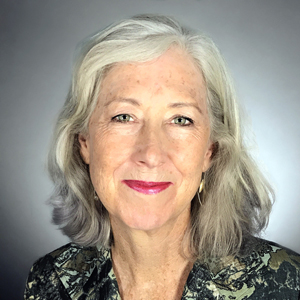
Shannon Brownlee
Former senior vice president of the Lown Institute
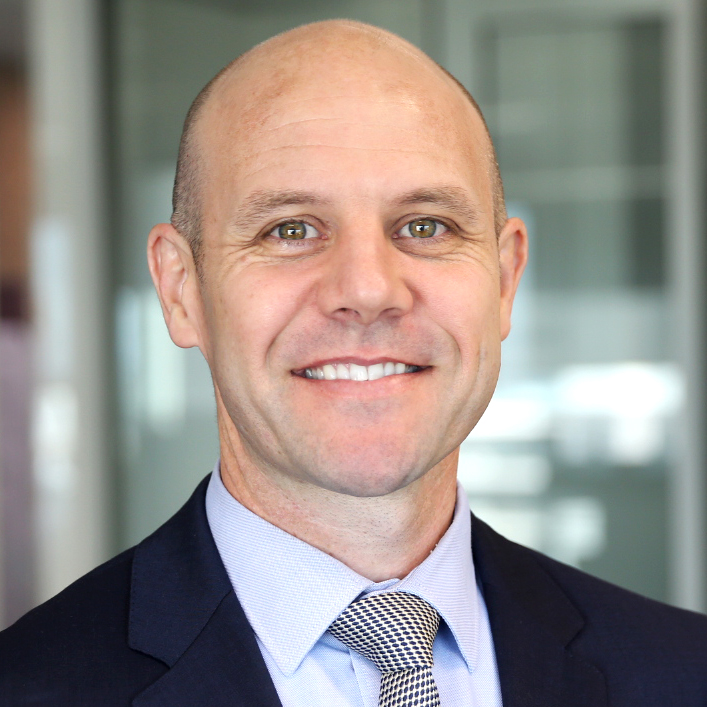
Adam Elshaug, MPH, PhD
Director of the Centre for Health Policy at University of Melbourne and senior fellow at the Lown Institute
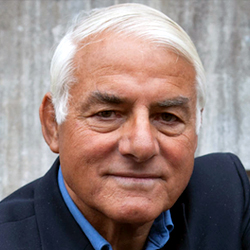
Allen Frances, MD
Professor and chair emeritus at Duke University School of Medicine
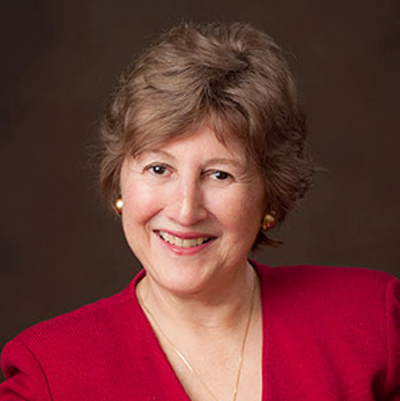
Patricia Gabow
Chair of the Lown Institute board of directors, former CEO of Denver Health

Andrew Goldstein, MD
Assistant professor, NYU School of Medicine
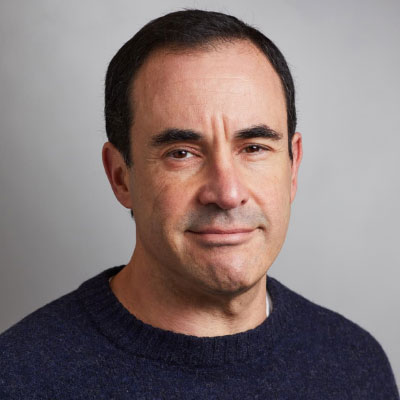
Gregg Gonsalves
Associate professor at Yale School of Public Health
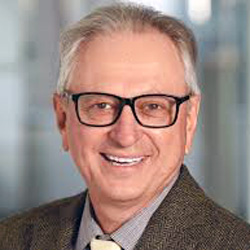
Merrill Goozner
Editor and Publisher of GoozNews

Amy Holden Jones
Creator and showrunner,
“The Resident”

Paul Hattis
Physician-Attorney and Senior Fellow at the Lown Institute
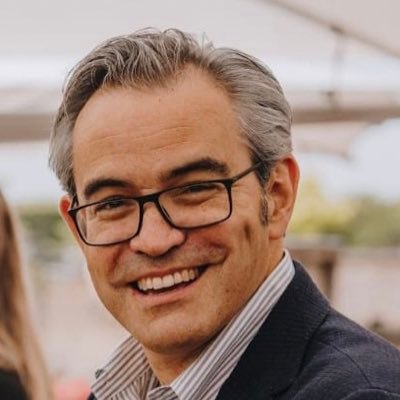
Victor Montori
Chair of the board and Founder of The Patient Revolution, Professor of Medicine at the Mayo Clinic

Reshma Ramachandran
MD, MPP, MHS
Assistant Professor, Yale School of Medicine; Co-Director, Yale Collaboration for Regulatory Rigor, Integrity, and Transparency

Susan Rogers, MD
Immediate past president of Physicians for a National Health Program and retired physician at Stroger Hospital

Altaf Saadi, MD, MSc
General Neurologist at Massachusetts General Hospital and 2023 BLASR Winner
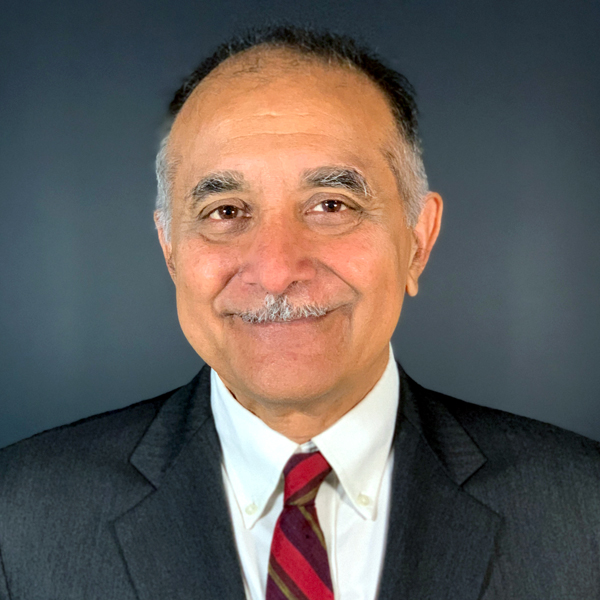
Vikas Saini, MD
President of the Lown Institute and co-chair of the Right Care Alliance
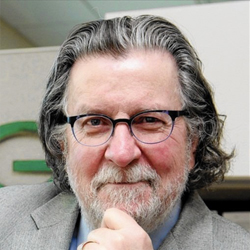
Gary Schwitzer
Adjunct associate professor at University of Minnesota School of Public Health and founder of HealthNewsReview.org

Harriet Washington
Lecturer for Columbia University Bioethics M.S. program, author of Medical Apartheid and Deadly Monopolies

Casey Quinlan
In loving memory of Casey Quinlan, also known as Mighty Casey, an outspoken patient activist who also helped with Shkreli judging for many years.
